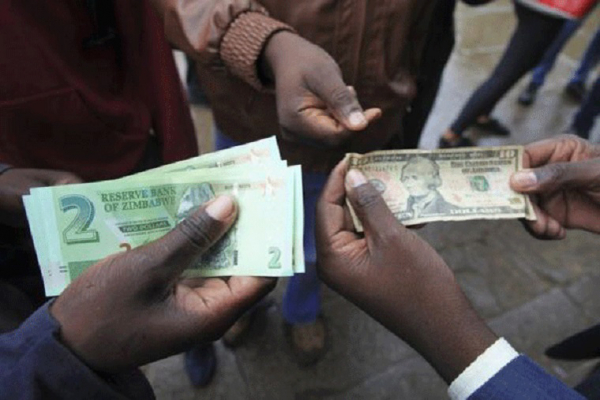
BY FIDELITY MHLANGA
ZIMBABWE’S total foreign currency receipts for the first half of the year plunged 24% to US$2,58 billion as the capital-starved southern African country battles to lure investment.
Total foreign exchange receipts included exports, international remittances, offshore loan proceeds, income receipts and foreign investment proceeds for the period January to June 2019.
In the comparative period last year, forex receipts stood at US$3,40 billion.
Foreign investment contributions were a mere US$14,4 million, 1,4% down from US$14,6 million, casting doubts on the current administration’s capacity to draw capital.
Export shipments for the half year period dropped 7,5% to US$1,90 billion from US$2,06 billion registered during the comparable period of 2018. A number of productive sectors of the economy took a beating as export earnings dropped.
Mining exports tumbled 19% to US$1,24 billion from US$1,54 billion and agriculture (including horticulture and tobacco) dropped 9,9% to US$318,2 million from US$353 million.
Though diaspora remittance contributions were second at US $504,7 million they were 13,2% down from US$581,3 million realised last year.
- Chamisa under fire over US$120K donation
- Mavhunga puts DeMbare into Chibuku quarterfinals
- Pension funds bet on Cabora Bassa oilfields
- Councils defy govt fire tender directive
Keep Reading
Tourism receipts fell 30% to US$62 million from US$89,2 million, with the transport sector tumbling 25% to US$89,2 million from US$119,8 million. External loan disbursements fell 63,9% to US$207,4 million from US$574,5 million last year.
However, the telecommunications sector recorded a rise from US$2,1 million last year to US$6,5 million this year, buoyed by the periodic tariff review by industry players.
Income receipts grew 107,4% to US$39 million from US$18,8 million in the prior year. The manufacturing sector firmed 13,9% to US$80,5 million from US$70,7 million.
Economist Prosper Chitambara said the drop in forex receipts reflected a faltering economy, choked by rolling power cuts.
“I think the decline is reflective of a weakening economy. The economy is suffering mainly due to electricity shortages and drought, which also affected agriculture. You notice that all export sectors were down. In actual fact what this means is that the economy is weakening, it’s not producing.
“The risk of this is that this becomes a vicious cycle in the sense that if there are little exports there is no foreign exchange. It affects investor companies to import critical material required for production and it becomes a dangerous cycle,” Chitambara said.
Authorities this year forecast the economy to contract 3%.











